Top stories
News
Top stories
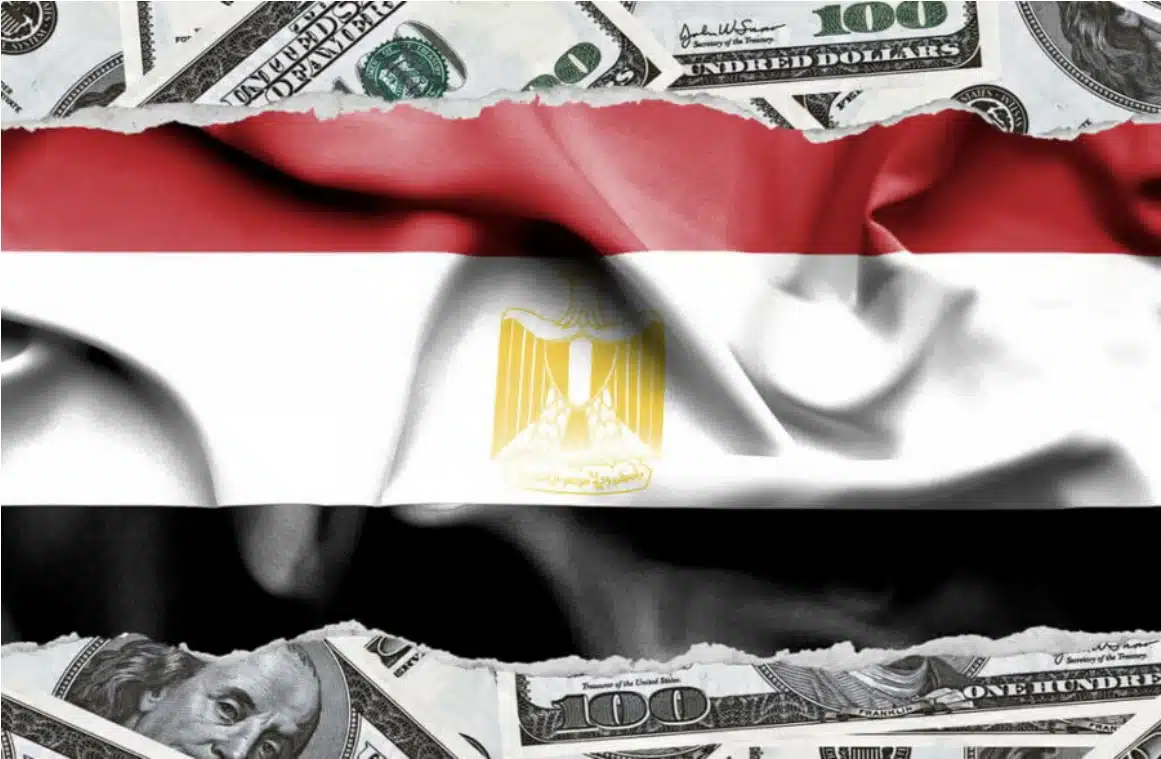
The latest figures mark a turnaround in Egypt’s FDI – which stood at $10 billion in 2023 – driven by growing investor confidence, improving macroeconomic indicators, and an aggressive push for private-sector-led growth.
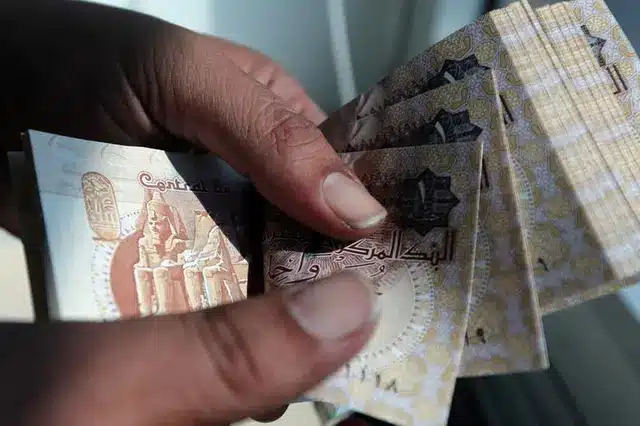
Egypt’s strong performance in the last fiscal year suggests growing investor confidence and capacity to meet its hefty debt obligations.

The Washington-based lender noted that despite recent fiscal slippages, bold corrective steps by the new administration have kept programme goals within reach, buoyed by strong export earnings, rising reserves and renewed commitments to fiscal discipline.

The country’s new gold regulator has also suspended the trading licences of all foreign traders, effective immediately, as it moves to centralise control of artisanal gold exports.

The fund’s latest move aligns with it’s broader goal of protecting the purchasing power of Namibian annuitants amid economic changes.
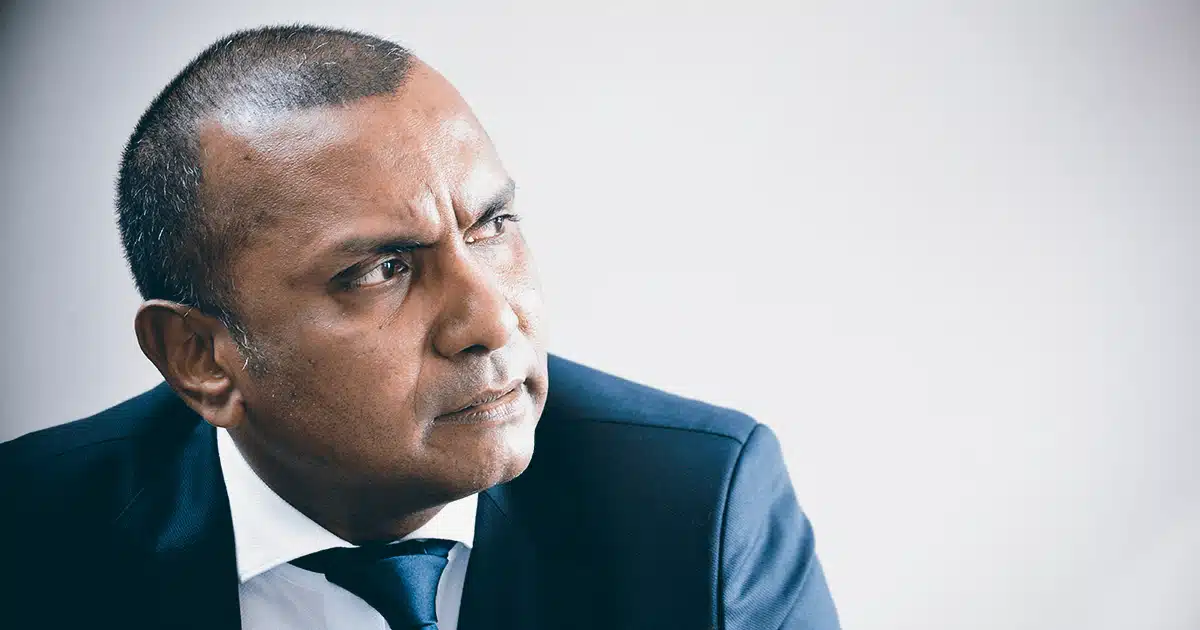
The minister’s release comes just days after the island nation’s former central bank governor Harvesh Seegolam, who was also implicated in the fraud scandal, was granted bail.
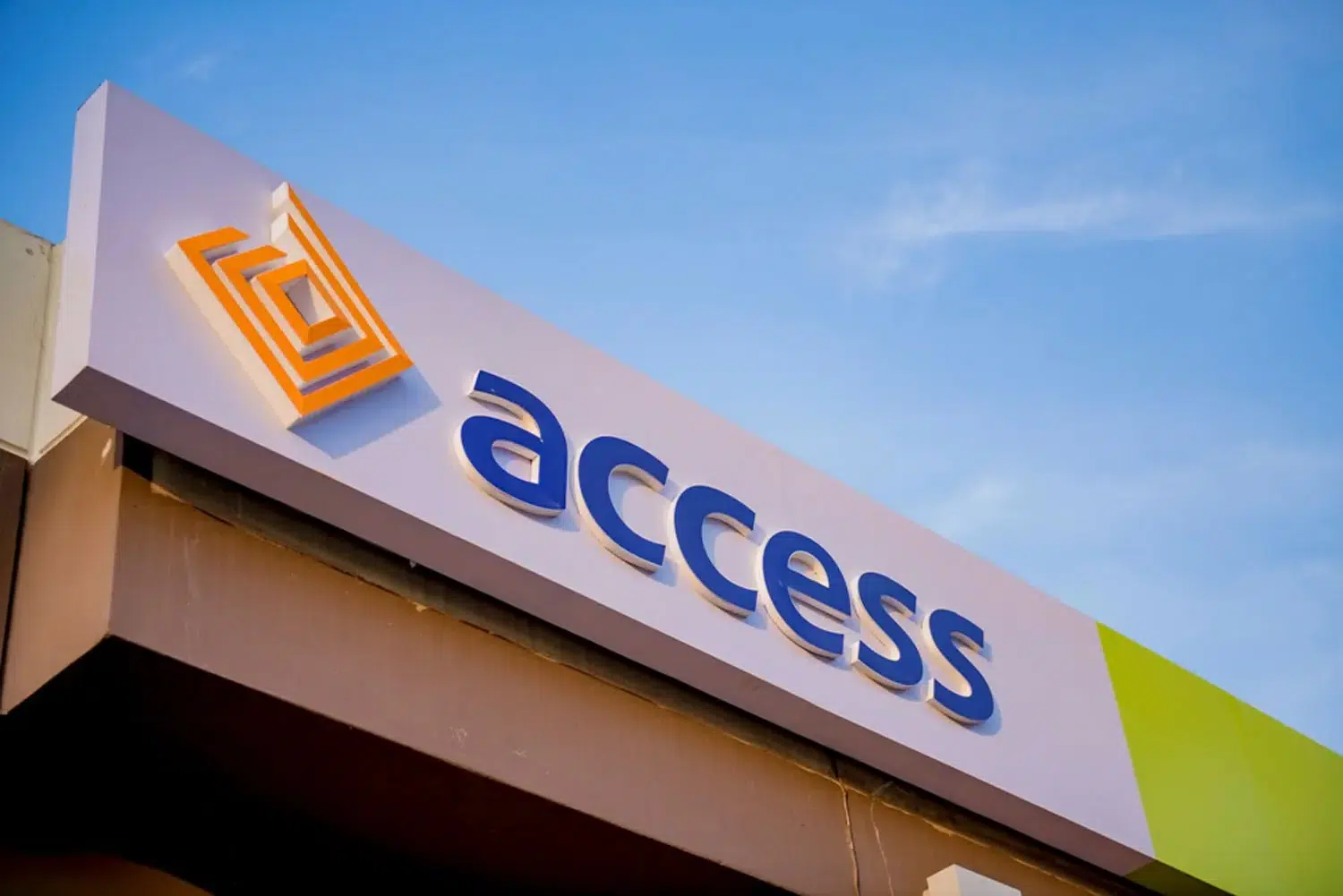
The move, which is expected to deepen Access Bank’s footprint in East Africa’s financial space, comes nearly a year after the lender first declared interest in the acquisition.
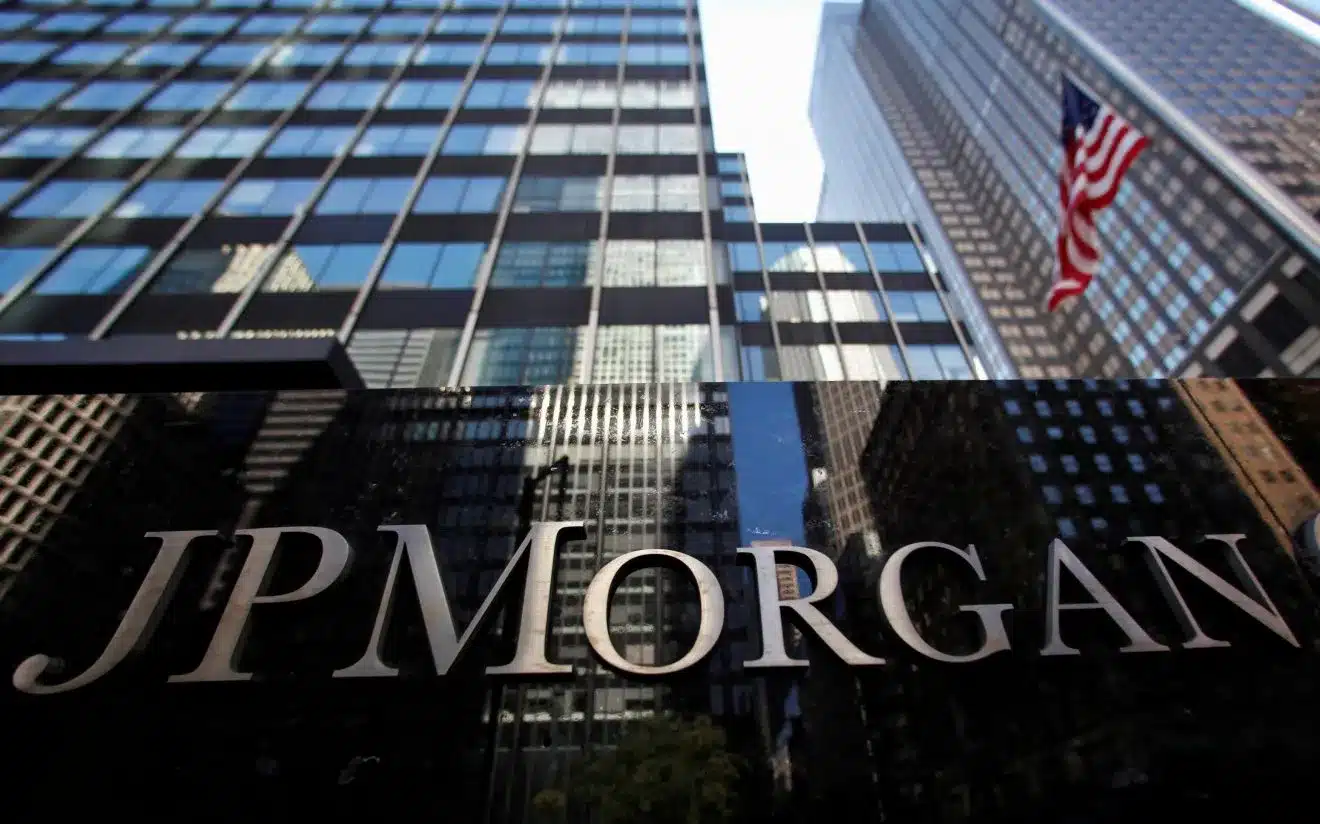
With Brent crude hovering near the sub-$60 mark—Nigeria’s fiscal break-even—concerns are mounting that sustained low prices could reopen current account deficits and heighten macroeconomic vulnerabilities.

With 60% of the fund’s pension pot tied up in government debt, retirees remain heavily exposed to the effects of the West African nation’s mounting inflationary pressures.
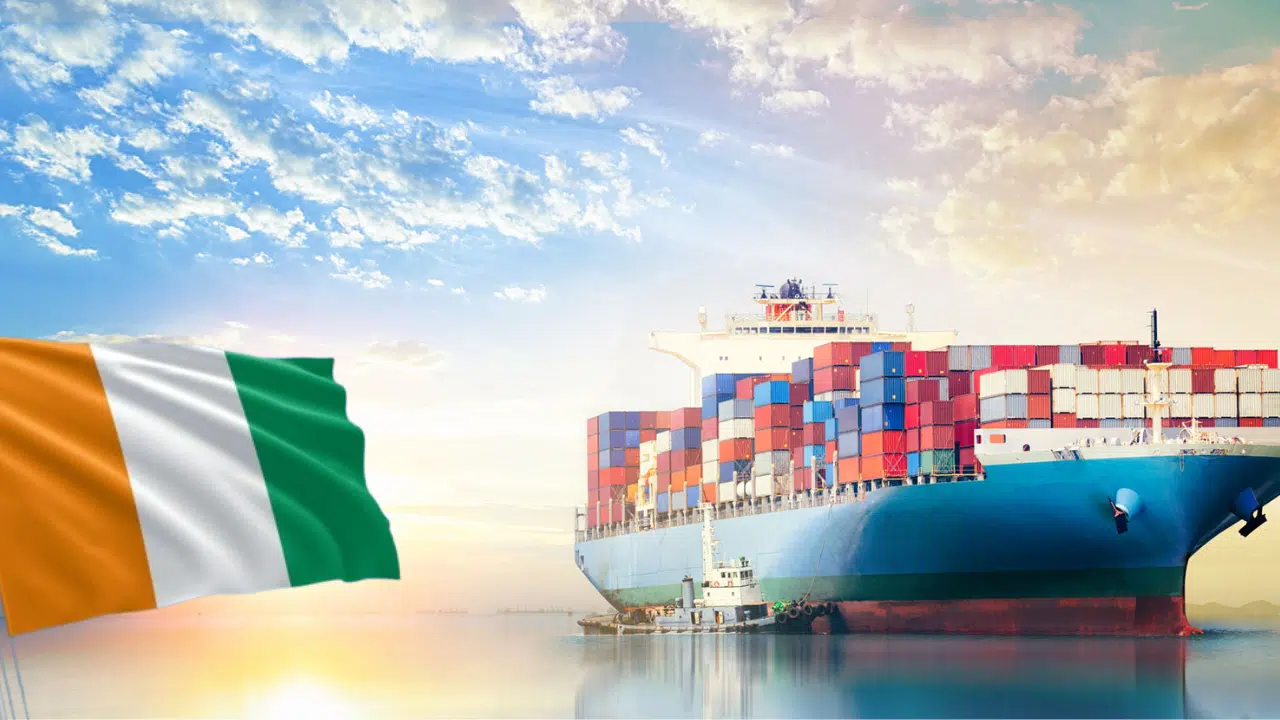
While global commodity markets largely determine cocoa prices, the African nation could raise export taxes on its cocoa shipments to increase revenue, pushing up costs for buyers.
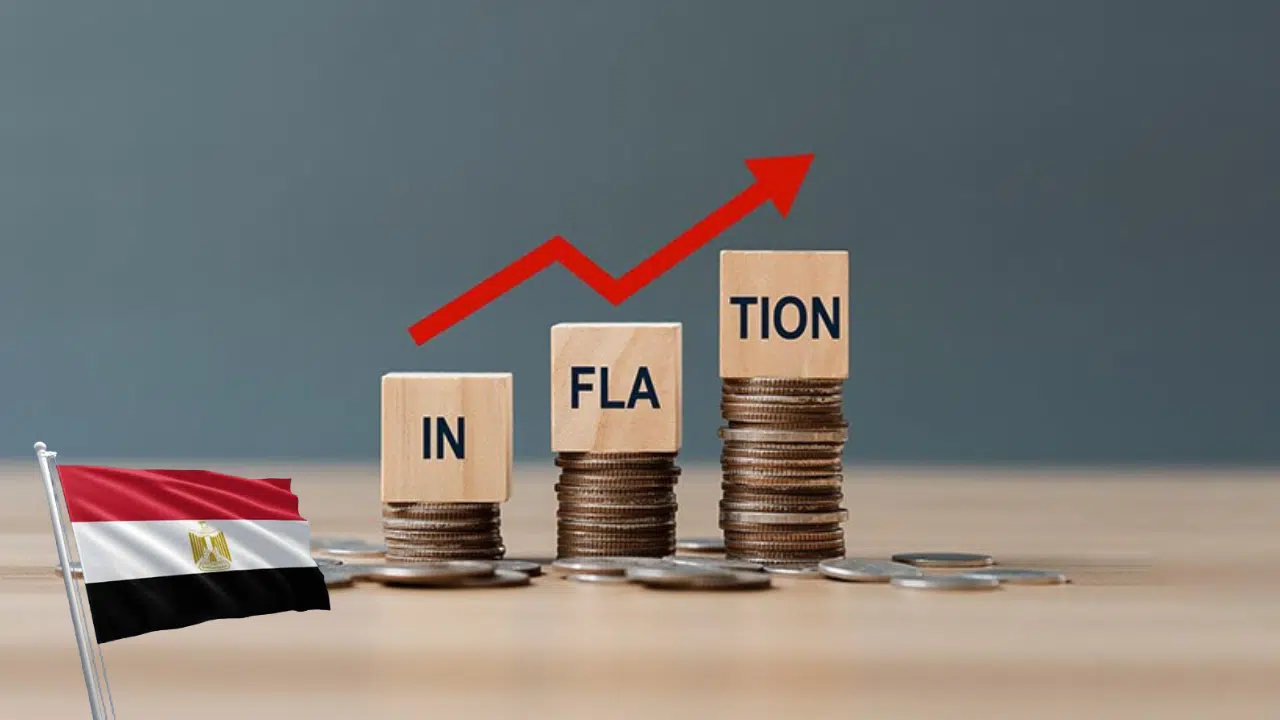
The unexpected uptick in inflation, coupled with global uncertainty stemming from Trump’s newly imposed tariffs, has dimmed hopes of a rate cut by the CBE when it meets on April 17.
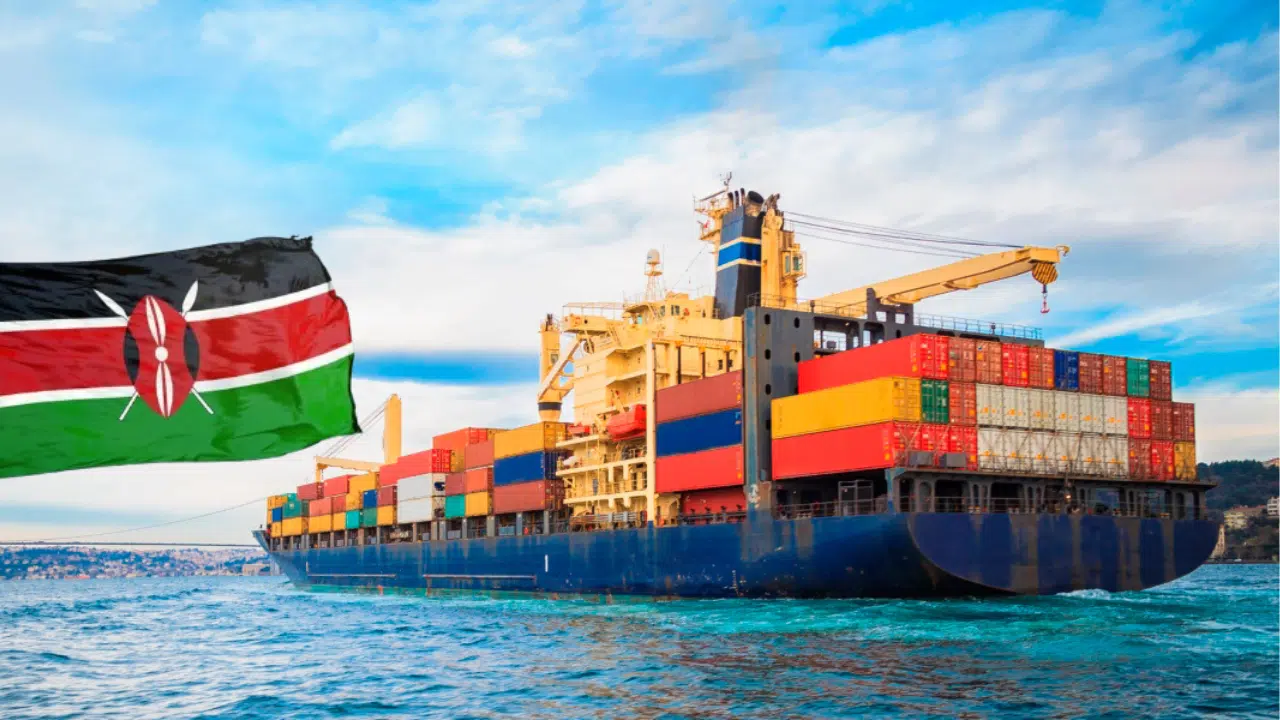
Among African countries hit by Trump’s tariff overhaul, Kenya fared relatively well, receiving the baseline 10% rate—offering it some breathing space amid broader trade disruptions.
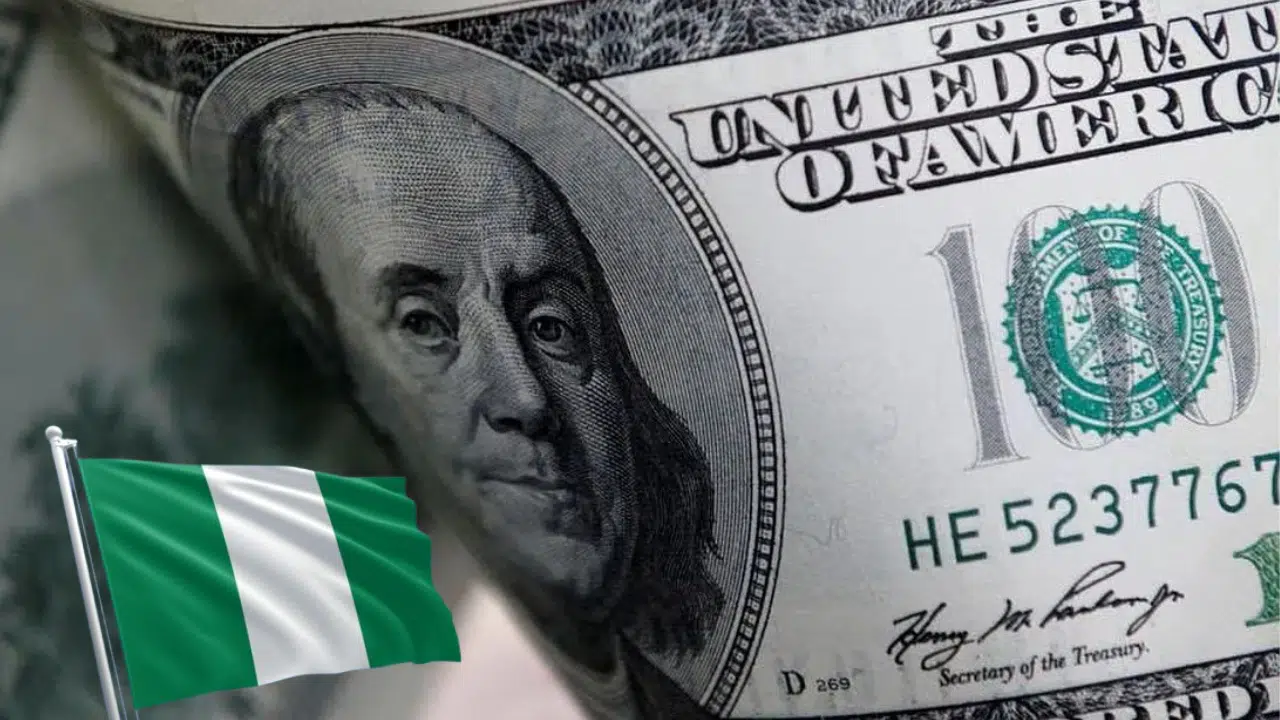
While Nigeria’s portfolio investments more than doubled in 2024, foreign direct investment plummeted to nearly half of the previous year’s figure.
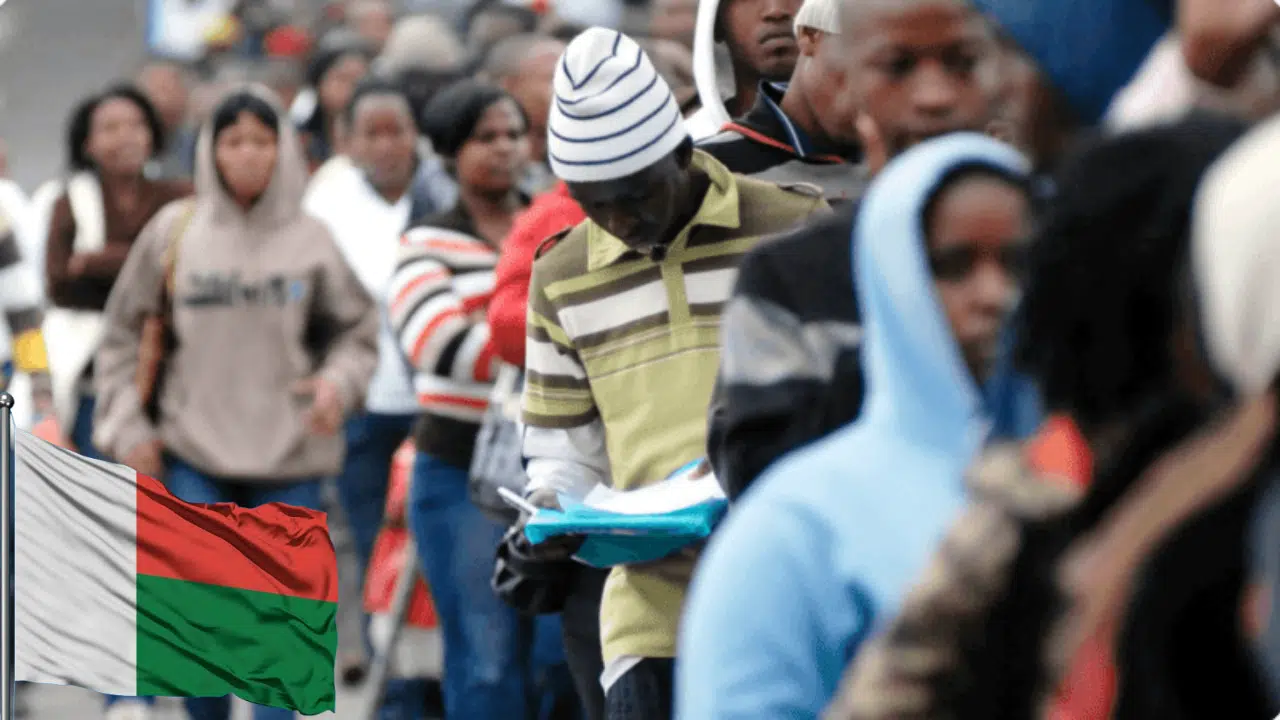
With the island nation already grappling with political instability and poverty, the tariff hike raises concerns over its socio-economic stability and growth prospects.
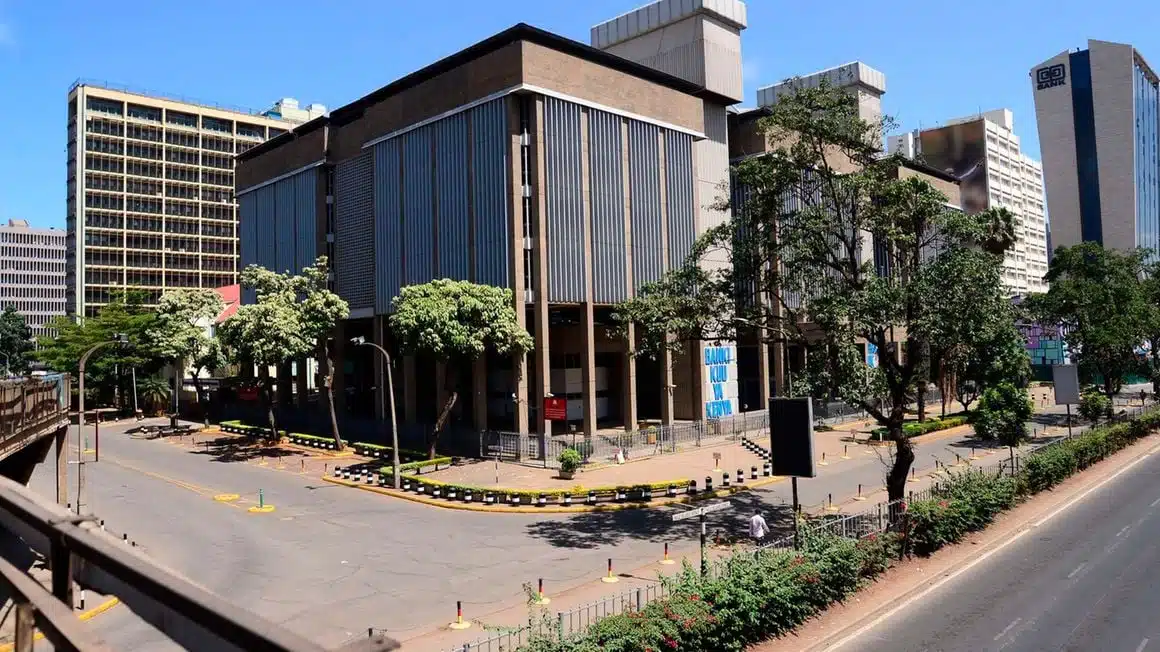
Although private sector lending edged up by 0.2% in March after a February decline, the central bank says borrowing remains sluggish despite falling interest rates since December.
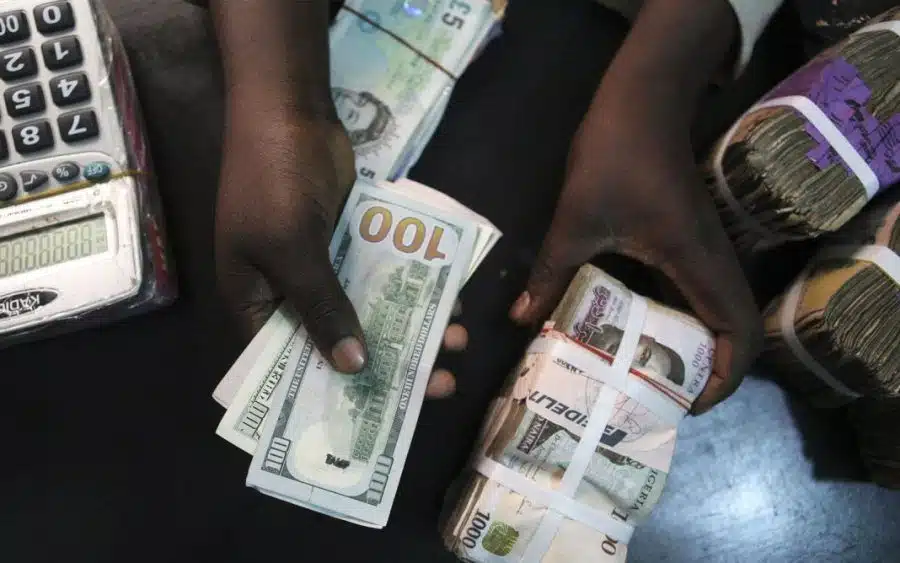
A $19bn FX reserve boost was meant to stabilise Nigeria’s economy. But crude oil is crashing—and with it, the naira and 2025 budget optimism.
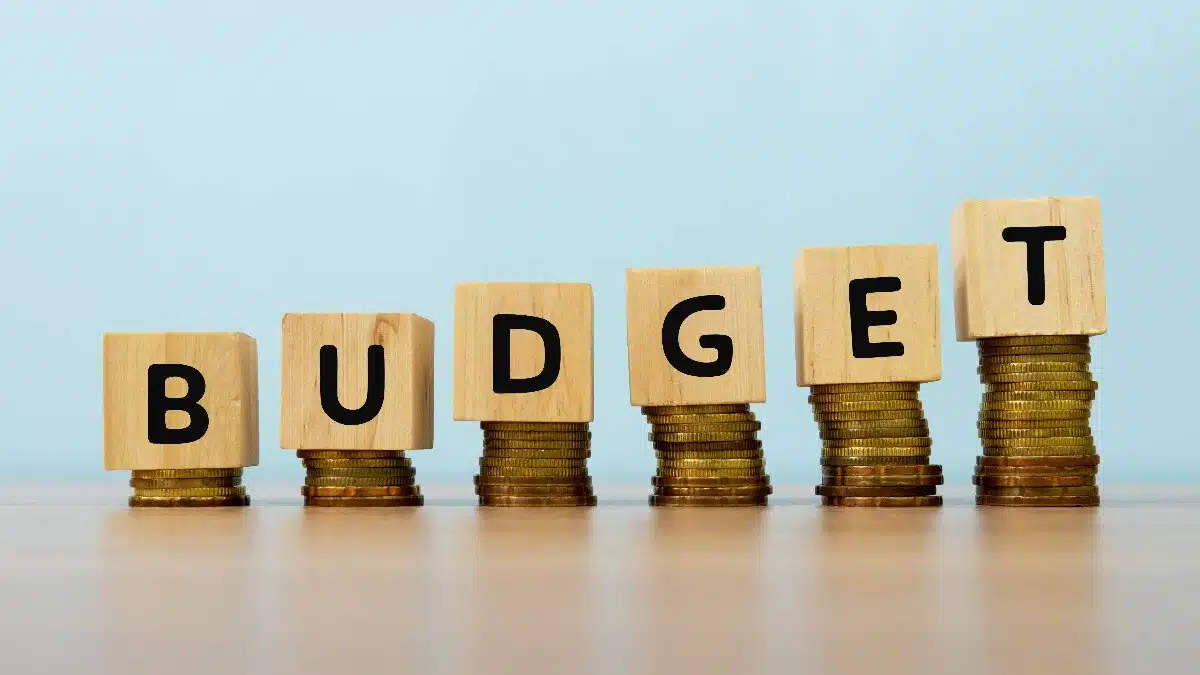
Despite overcoming two major parliamentary hurdles, the budget remains at an impasse as tensions between the country’s biggest political parties escalate
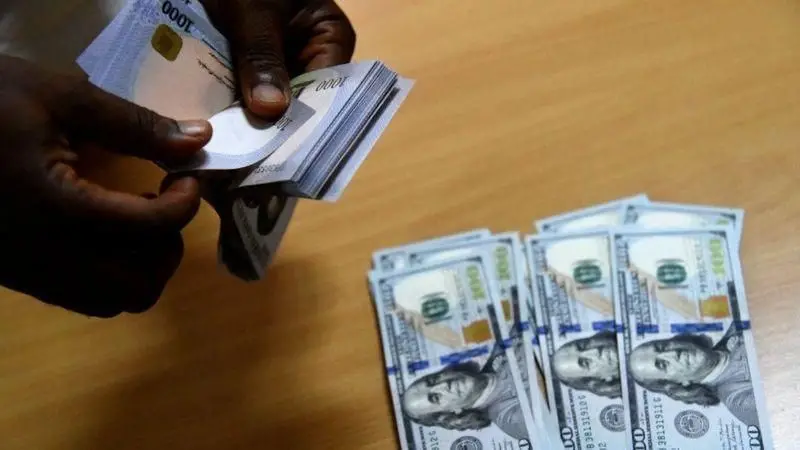
In an effort to stabilise the foreign exchange market and improve liquidity, Nigeria’s central bank launched an aggressive dollar injection drive in the first quarter of the year. But despite the scale of intervention, the naira continued to lose ground.
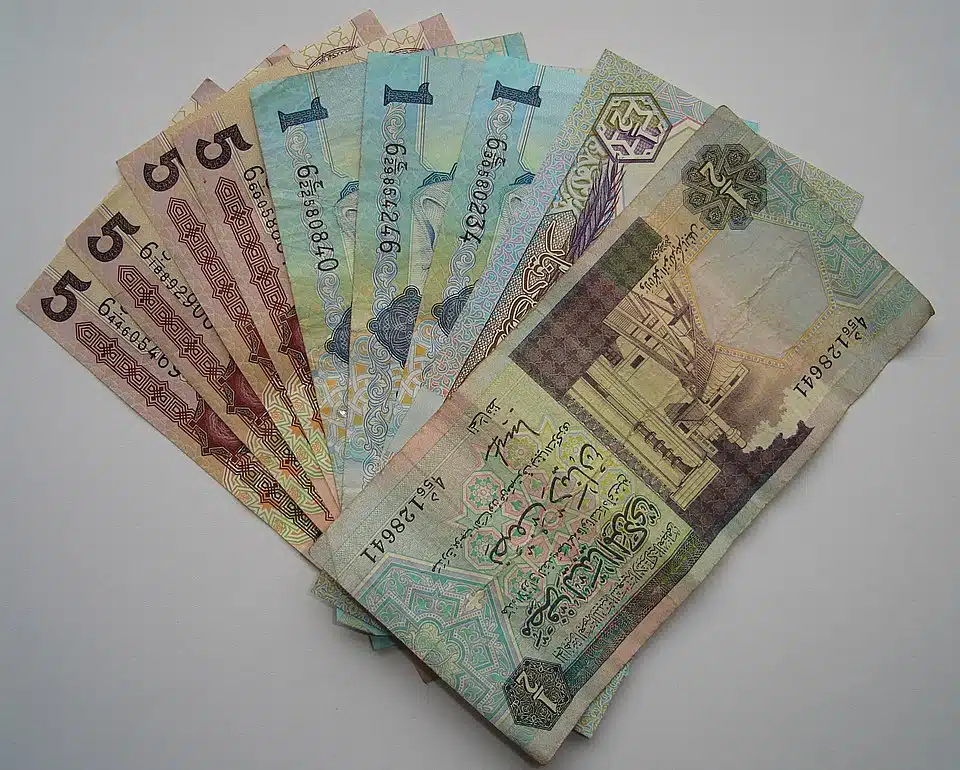
Libya’s second devaluation in 4 years appears targeted at closing the gap between official and black-market exchange rates, but without deeper structural reforms, its impact is likely to be limited.
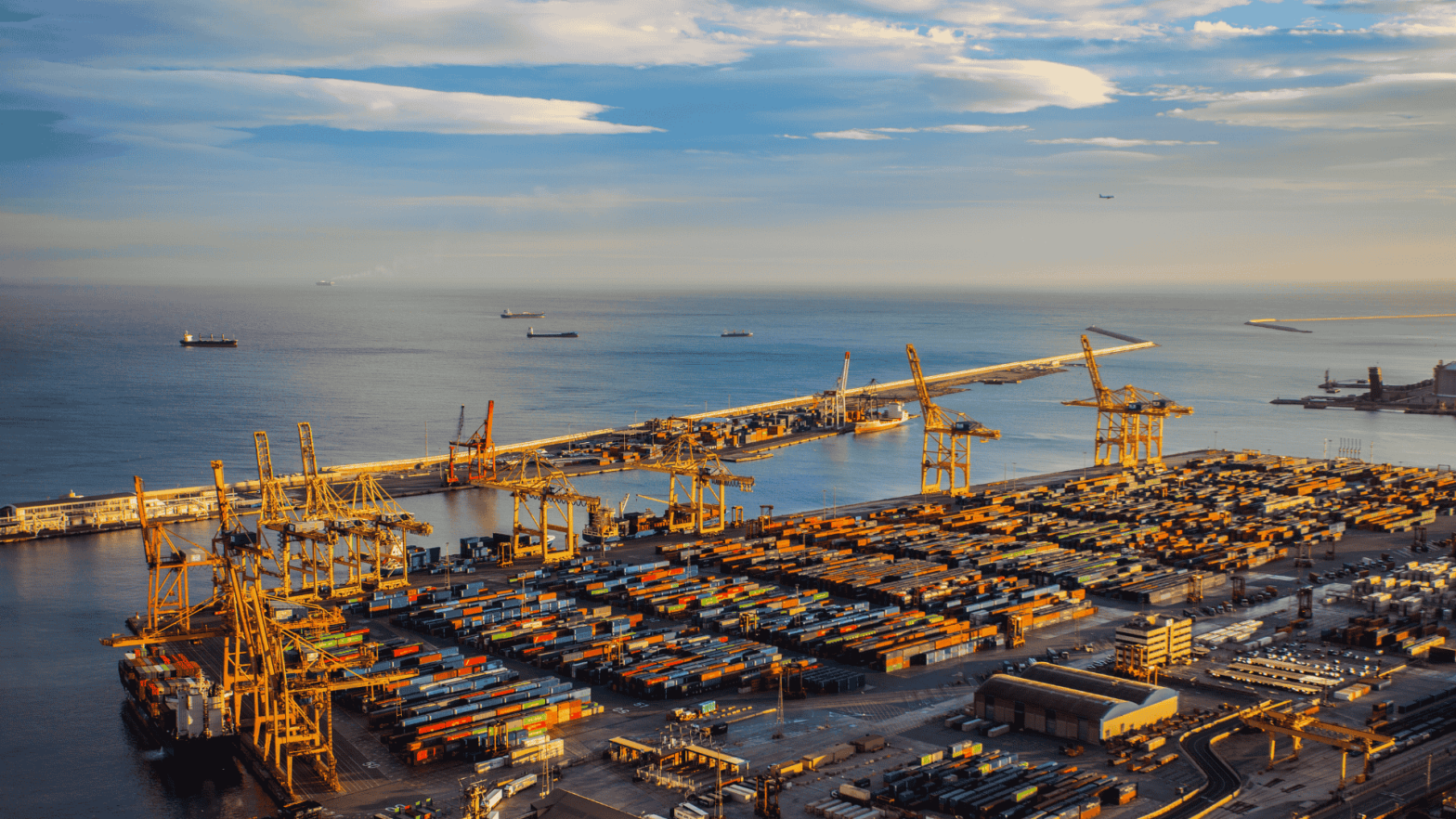
Trump’s new tariff structure, set to take effect on April 9, will hit over 50 African countries—targeting some of the continent’s poorest and most vulnerable economies. The sweeping levies threaten to shake the foundations of long-standing US-Africa trade agreements.
